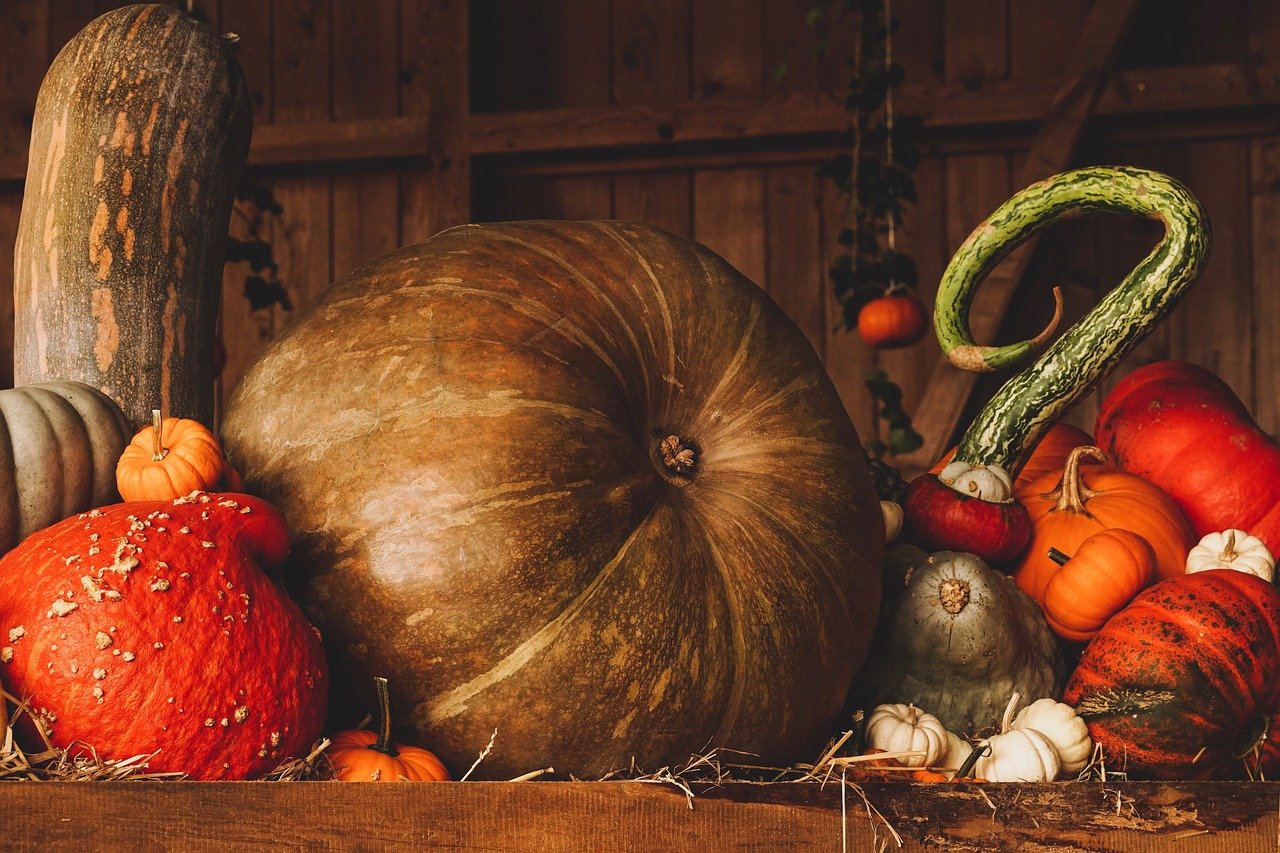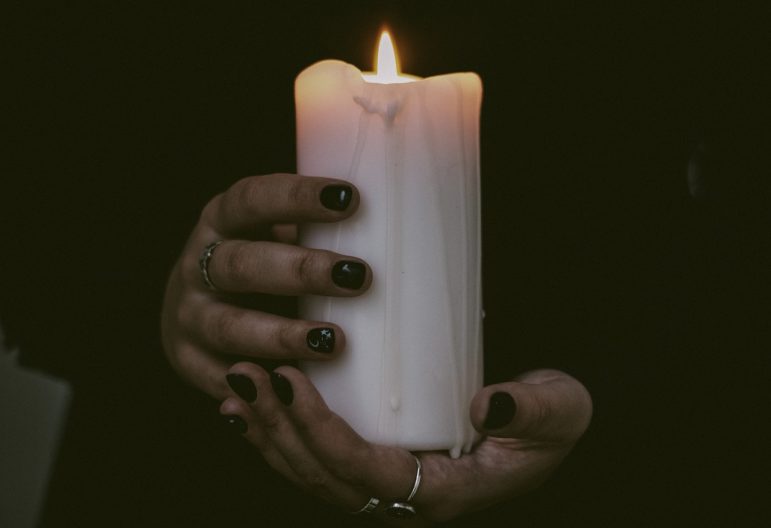TWH – We have entered the time of the year when many modern Pagans celebrate Samhain. The holiday marks the start of winter and the new year according to the old Celtic calendar. It is a time when the ancestors are honored, divination is performed, and festivals are held in honor of the gods.
Perhaps the best known of modern Pagan holidays, Samhain is recognized as the last of the three harvest festivals in Pagan paths that follow the wheel of the year, as well as the entrance into the winter season for those in the northern hemisphere.

It is also, as they say, Decorative Gourd Season. [Suju, Pixabay]
During this season, other celebrations and festivals are also being held such as Velu Laiks (“the time of spirits”) by Baltic Pagans; Álfablót – or the Scandinavian sacrifice to the elves, Winter Nights – by Ásatrúar; Foundation Night in modern devotional practices to Antinous; Allelieweziel by the Urglaawe tradition; Dziady, the holiday whose name means “grandfathers,” commemorated by Slavic Pagans; Fête Ghede by Vodou practitioners; Día de los Muertos for followers of Santeria and several Indigenous religions in Mexico and throughout Latin America; and the astrological Samhain on November 7, celebrated by some Witches and Druids.
In the southern hemisphere, many Pagans are celebrating Beltane, honoring the turn to summer. Beltane is one of the four fire festivals and often represents the optimism for a good harvest, the growing power of the sun, and fertility.
And of course, there is the secular celebration of Halloween.

Harvest Moon [C.E. Price, Wikimedia Commons]
This year’s Samhain has a few unusual characteristics. For one, this year’s Samhain features a full moon that is visible in all time zones on Earth, something that hasn’t happened since 1944 and won’t happen again until 2039. (The moon is also a Blue Moon this weekend, following on the Harvest Moon earlier in October.) With NASA’s recent announcement that it has found water molecules in the sunlit surface of the moon, this has proven to be an exciting week for lunar news.
This year’s Samhain is also taking place in the midst of the COVID-19 pandemic. As of October 29, nearly 1.2 million have died of the coronavirus, and nearly 45.5 million cases have been reported worldwide.
Earlier in the week, TWH’s Nathan Hall spoke with a number of Pagan practitioners about how they are celebrating Samhain in 2020. One of them, the author Courtney Weber, mentioned that Samhain this year is bringing to mind the role she will one day play as someone’s ancestor: “This year, with the influence of COVID, Samhain has made me think a lot about the legacy I want to leave when I am on someone else’s ancestor altar or shrine.”
TWH’s esteemed editor-in-chief, Manny Tejeda-Moreno, has also been thinking about the difficulty of being a “good ancestor” this Samhain season. Meanwhile, Sheri Barker has reflected on her own relationship with the ancestors, and Sean McShee interviewed Rev. Angie Buchanan, a death midwife, about that final, inevitable rite of passage.

A candle for the dead [Pixabay]
The Wild Hunt would like to wish all of our readers a blessed Samhain season. We hope that our forebears will offer us their guidance, comfort, and wisdom during this time of great transition. May the new year be brighter than the one that has come before.
What is remembered, lives.
The Wild Hunt is not responsible for links to external content.
To join a conversation on this post:
Visit our The Wild Hunt subreddit! Point your favorite browser to https://www.reddit.com/r/The_Wild_Hunt_News/, then click “JOIN”. Make sure to click the bell, too, to be notified of new articles posted to our subreddit.
